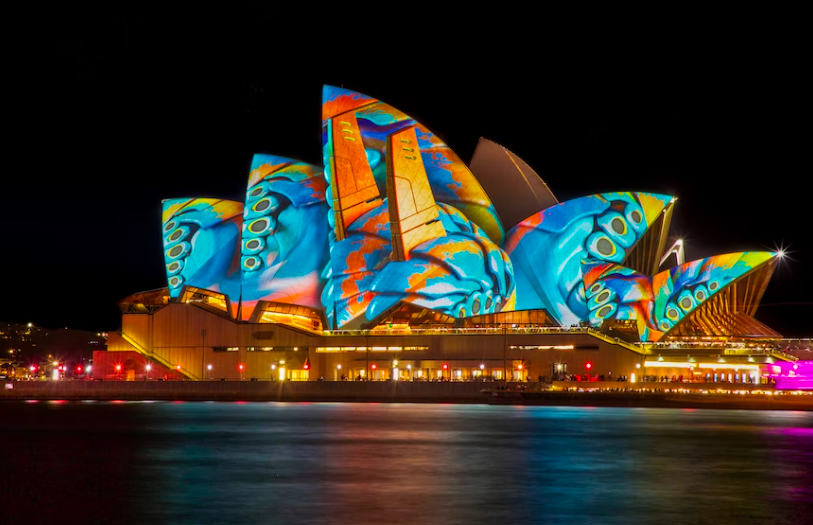
From 1 July, psychiatrists in Australia will be able to prescribe MDMA for PTSD and psilocybin for treatment-resistant depression.
The Therapeutic Goods Administration, Australia’s medical regulator, rescheduled the psychedelic medicines from Schedule 9 to Schedule 8, to enable their application in a medical environment.
The regulatory reform was instigated by patient advocacy groups and supported by clinical trials which substantiate the treatments’ safety and efficacy. Over one million Australians have PTSD, and approximately 20% of Australians will be diagnosed with a depressive disorder. Furthermore, suicide rates in indigenous populations are among the highest in the world.
The rescheduling of psychedelic medicines in Australia acknowledges the current lack of options for patients with treatment-resistant mental illness and the need for effective treatments against the backdrop of a deepening mental health crisis. However, there is a concern that the reforms do not go far enough and that treatment accessibility may still be a challenge, particularly for underserved communities.
Before a treatment can be administered, a psychiatrist must first obtain an endorsement from the Human Research Ethics Committee or a specialist college, to become an Authorised Prescriber of the psychedelic medicine.
To do this, the psychiatrist must satisfy the committee or college that the proposed treatment protocol is safe and effective, protecting patients by following their ethical guidelines. They will then have to present this protocol and its endorsement to the Therapeutic Goods Administration for approval.
In July last year, The Royal Australian and New Zealand College of Psychiatrists released a memorandum stating that the use of psychedelic substances should occur only under research trial conditions, with further research required to inform their therapeutic use. It is unclear whether the college will change its stance in light of the rescheduling, but such a change may be needed for the institution to endorse treatment protocols.
Protocols for the treatment of PTSD with MDMA-assisted therapy have already been established by MAPS, with Phase III trials expected to be completed later this year. Similarly, protocols to combat treatment-resistant depression with psilocybin therapy have been created by COMPASS Pathways, with Phase III studies in progress.
Although the number of psychiatrists in Australia trained to administer MDMA and psilocybin will remain a bottleneck to the roll-out of psychedelic-assisted therapy, large-scale clinical trials in the country have been announced.
At the start of last year, the Human Research Ethics Committee approved a study into brain activity on psychedelic medicine. One arm of the study will be given MDMA and the other arm will be given psilocybin. The clinical trial hopes to recruit 100 healthy participants for each study arm, with trial participants required to complete Mind Medicine Australia’s training in the administration of psychedelic assisted therapy prior to participation.
The largest study with psilocybin is expected to commence in Melbourne later this year, with Woke Pharmaceuticals signing a A$5 million clinical trial research agreement with Swinburne University of Technology. Approximately 160 patients will take part in the randomised controlled trial of psilocybin-assisted therapy for treatment-resistant depression, with potentially dozens of therapists needed to administer the treatment efficiently.
If the study is successful, the treatment protocols designed for the trial are likely to be used by the therapists to administer psilocybin-assisted therapy in Australia. The success of the trial may also further inform the country’s medical regulators and specialist colleges of the treatment’s potential, prompting greater cooperation to endorse treatments and approve applications for Authorised Prescribers.
The decision by Australian regulators to reschedule psilocybin and MDMA is undoubtedly positive news for the adoption of psychedelic medicine, but timelines for when psychedelic-assisted therapies will be available to patients remain unclear.
The Psychedelics as Medicine Report: Fourth Edition estimates that the psychedelic healthcare industry will be worth US$5 billion by 2028. For insight into investment opportunities and the emerging regulatory landscape, download a complimentary copy today: https://psych.global/report/.


